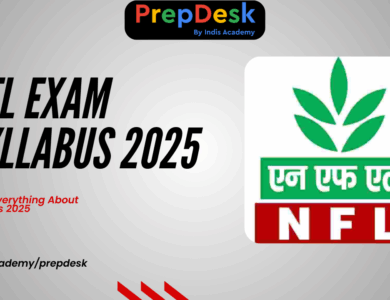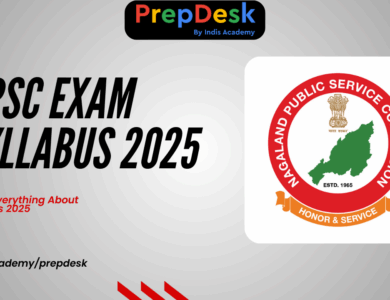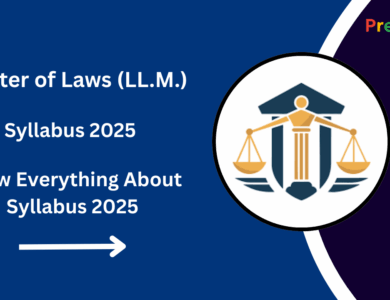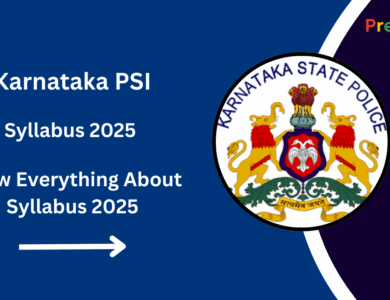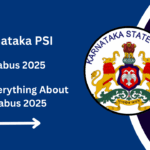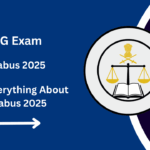UKPSC PCS Syllabus 2025 – Complete Prelims & Mains Exam Pattern and Subjects
Explore the latest UKPSC PCS Syllabus 2025 with detailed exam pattern for Prelims and Mains. Know subject-wise topics, Uttarakhand-specific content, marking scheme, and download official PDF to boost your preparation.
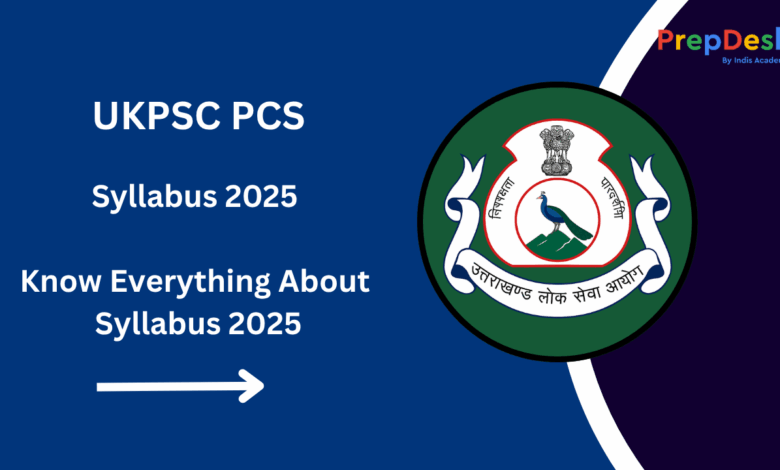
The Uttarakhand Public Service Commission (UKPSC) conducts the Combined State Civil Services Examination (UKPSC PCS) to appoint officers like SDM, DSP, Tehsildar, and Finance Officer. The exam features three stages—Prelims, Mains, and Interview. This guide offers a thorough, original, and SEO-optimized breakdown exceeding 1,000 words, designed for WordPress integration.
1. Exam Pattern Overview
| Stage | Mode | Format | Subjects | Marks | Date & Duration |
|---|---|---|---|---|---|
| Prelims | Offline | Objective | GS Paper‑I, CSAT Paper‑II | 300 (150+150) | June 2025 • 2 hrs each |
| Mains | Offline | Descriptive | General Hindi, Essay, GS I–GS VI | 1500 (8 papers) | Oct–Nov 2025 • 3 hrs each |
| Interview | Face-to-face | Oral | Personality, Aptitude | 200 approx. | Dec 2025 • 30–45 min |
Extras to note: CSAT is qualifying (minimum 33%). GS Paper‑I marks determine Prelims merit. Negative marking in Prelims (¼ mark per wrong answer). All Mains papers together decide final merit, along with Interview.
2. Prelims Syllabus – Detailed Topics in Tables
General Studies Paper I (150 Marks, 2 hrs)
| Main Topic | Sub‑topics Covered |
|---|---|
| Current Affairs | National & global events; UK state govt schemes; state-level appointments; coronations; sports; awards |
| Indian History | Indus Valley, Vedic & post-Vedic period, Mauryan-Gupta empires, Sultanate & Mughal rule, British Raj |
| Freedom Movement | Sepoy Mutiny, non-cooperation, civil disobedience, Quit India, INA, UK participation |
| Geography | Indian physiography; mountains, rivers, soil, climate; Uttarakhand glaciers, Bhabar & Tarai |
| Polity | Constitution provisions, fundamental rights, parliament, judiciary, devolution to states & panchayats |
| Economy | Budget, inflation, GDP, poverty, banking; state economy, horticulture, migration |
| Environment | Ecological balance, biodiversity hotspots, treaties, Chipko, Nanda Devi conservation |
| Science | Basic concepts in physics, chemistry, biology, health & disease |
| UK-specific GK | Local culture, folk art, dances, languages, festivals, wildlife & flora/fauna |
CSAT Paper II – Qualifying (150 Marks, 2 hrs)
| Skill Area | Topics Included |
|---|---|
| Comprehension | Unseen passages, inference, polysemous words |
| Reasoning | Logical arrangements, syllogisms, seating arrangements, coding-decoding |
| Math Aptitude | Averages, percentages, ratio, time-work, simple interest |
| Data Interpretation | Tables, bar/pie/line graphs, case charts |
| Decision Making | Ethical judgment, scenario-based problem-solving |
Pass mark: 50/150 in CSAT. High accuracy and time management are key.
3. UKPSC Mains Syllabus – Complete Detailed
The Mains has eight descriptive papers; seven are for merit ranking.
Paper 1: General Hindi (150 marks)
| Section | Description |
|---|---|
| Grammar | Sandhi, Samas, Tenses, Vachya, Alankar, Vakya Sudhar |
| Vocabulary | One-word substitutes, synonyms/antonyms, idioms, phrases |
| Compositions | Essays, precis, letters (formal/informal), report writing, translations, formal notings |
Paper 2: Essay (150 marks)
| Section | Topics |
|---|---|
| A | Social welfare, education, healthcare, political reforms, corruption, unemployment |
| B | Science & tech advancement, AI, environment conservation, climate change |
| C | Uttarakhand tourism, migration, women empowerment, conservation, disaster response |
Complete Detailed Topics for General Studies Papers I to VI
The UKPSC PCS Mains examination consists of six General Studies papers (GS I to GS VI), each carrying 200–300 marks. Below is the complete, detailed, and paper-wise topic breakdown ideal for aspirants of UKPSC PCS 2025 and beyond.
| PAPER | FULL DETAILED TOPICS |
|---|---|
| GS Paper I History, Indian Society & Geography |
|
| GS Paper II Polity, Governance & International Relations |
|
| GS Paper III Economy, Environment, Science & Technology, Internal Security |
|
| GS Paper IV Ethics, Integrity & Aptitude |
|
| GS Paper V Uttarakhand-Specific: History, Culture, Heritage |
|
| GS Paper VI Uttarakhand: Geography, Economy & Development |
|
4. Download PDF – Official Syllabus
Get the sanctioned syllabus from UKPSC’s official site:
Official UKPSC PCS 2025 Detailed Syllabus PDF
5. Recommended Books & Resources
| Topic | Recommended Book(s) | Usage |
|---|---|---|
| Polity | Indian Polity – M. Laxmikanth | Understanding constitution, devolution, rights |
| History | Spectrum Modern History + NCERTs | Timeline clarity from ancient to colonial India |
| Geography | GC Leong + NCERTs + Atlas | Physical concepts and map practice (India & UK) |
| Economy | Indian Economy – Ramesh Singh | Budget, reforms, state-Sector linkages |
| Environment | Shankar IAS Environment | Laws, biodiversity, sustainability |
| Science | Lucent GK + NCERTs | Basic science for GS papers |
| Uttarakhand GK | Arihant UKPSC Guide, Drishti uk supplement | Fortifying regional knowledge |
| CSAT | RS Aggarwal (Quant & Reasoning) | Prepare qualifying part thoroughly |
| Ethics | Lexicon for Ethics & Integrity | Case study practice, basic theory |
| Essay Writing | Drishti Best Essays, newspaper editorials | Improve structure, vocabulary, state examples |
6. Preparation Strategy & Timeline
- Months 1–3: Cover NCERTs, basics in GS, Hindi grammar, Uttarakhand facts.
- Months 4–6: Move to standard books; begin CSAT practice; current affairs notes.
- Months 7–9: Join test series; daily answer writing; essay weekly.
- Months 10–11: Full revisions, Mocks for Prelims & Mains, writing speed enhancement.
- Month 12: Final touchups, Hindi translations, current affairs dips; interview prep.
7. Specialization & Focus Areas
Your educational background or interest can define paper-wise focus:
- Arts/Polity Enthusiasts: Strength in Hindi, Essay, and Polity (GS II).
- Science/Tech Lovers: Gain edge in GS III (Technology, Environment, & Science).
- State Aspirants: Deep dive into Papers GS V & VI (Uttarakhand-focused).
- Ethics-Oriented: Case study practice; real-life examples during Mains.
Conclusion
This extended guide provides a deep understanding of the UKPSC PCS syllabus. It equips aspirants with clear tables, topic breakdowns, resource lists, timeline strategy, and content ready for WordPress. Follow the structured approach, maintain consistency, and customize based on your strengths to crack PCS 2025. Let me know if you want schema markup, FAQ integration, or WordPress meta preset!
